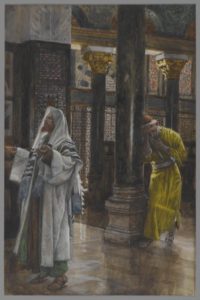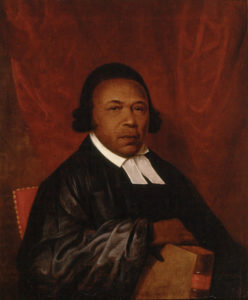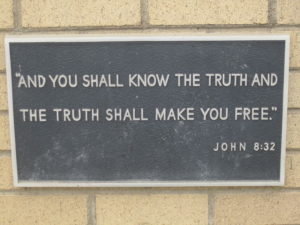
Simple Words, Difficult Lessons
“Do “Hate Crimes” act as “Love Acts” by those who perpetrate them? Do they actually “love” their own group so much that they have to preach against others to prove they love their group more?”


“Do “Hate Crimes” act as “Love Acts” by those who perpetrate them? Do they actually “love” their own group so much that they have to preach against others to prove they love their group more?”

“No mirror can show our soul and what is in our heart of hearts. A lot of what is there comes out in how we think, act, or talk. In this vein, the Pharisee would come out as someone who was vain and so sure of his status and appearance in the public arena that he didn’t mind reminding God of it. Some would call it out-and-out entitlement. Others might consider it narcissism and egotism.”

“With God, there is no social distancing, masking, or sanitizing. We can just be as we are, without fear, through sickness and health, abnormal times, or regular times. Think how grateful we should be when we finally reach “normal” times again. God will be there waiting for us, just as God is now, by our sides, walking with us.”

“We spend our lives learning. Newborns have to learn to breathe and then to suck. The rest is progressive. Children want to know, so they ask, ‘Why?’ with seemingly every other breath. It’s their way of finding out how the world works, something they’re going to need to know, and, I think, they revel in learning about it.”

“During Lent, we reflect on our sins and work to overcome [sins] with God’s help and grace. We wear ashes on our foreheads on Ash Wednesday to outwardly show that we are inwardly contemplating our mortality – and probably morality as well.”

“Christ has set us free so that we can stand firm against slavery. Sin is undoubtedly slavery, as much as we hate hearing it said. How often do we think about the things we do being hurtful to others before we act or say the words? Perhaps that is the problem of sin – it is often relatively easy to ignore the consequences.”

“Jesus often spoke to large crowds, unaided by electronic devices to amplify sound. Crowds in Jesus’s day were accustomed to listening with care and attention. There was no media recording and replaying sound and video later.”

Mark 4:35-41 One of the great things I remember about growing up was our town. I knew almost everybody who lived there, its history and

“‘Then Jesus said to the Jews who had believed in him, “If you continue in my word, you are truly my disciples; and you will know the truth, and the truth will set you free'” (John 8:31-2). We hear the last part of that passage quite often, but many don’t recognize the source or that Jesus said it to Jewish believers.”

“Jesus called the disabled man over before turning to the Pharisees, asking, “Is it lawful to do good or to do harm on the sabbath, to save a life or to kill?” It wasn’t a question the Pharisees wanted to answer.”